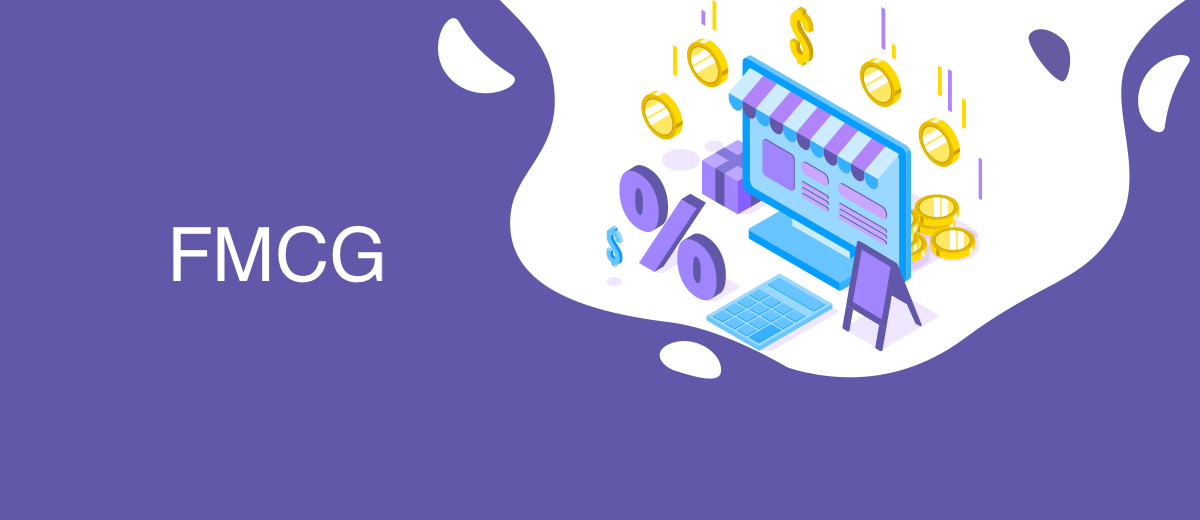FMCG
FMCG is a mass consumer product.
The concept is widely used in advertising. The abbreviation stands for "fast moving consumer goods" - goods that quickly turn around, move along the chain, and are sold in large volumes. They are called consumer goods or consumer products.
In other words, this is a category of products of daily demand, it is not stale on the shelves in the store: household chemicals, hygiene products, food products, confectionery, meat products.
Popular manufacturers of FMCG goods:
- Nestle;
- L'Oreal;
- PepsiCo;
- Danone;
- M&M.
Main criteria for FMCG products:
- they are constantly bought;
- they have a low cost, so the buyer makes a purchase without hesitation;
- fast turnover.
People use them all the time, while spending about 50% of their income on their purchase. Previously, FMCG products were called consumer goods - consumer goods.
Types of FMCG products
FMCG products are products with a shelf life of less than a year. They are divided into groups according to the area of \u200b\u200buse:
- food products: bread, drinks, frozen convenience foods, fresh fruits and vegetables, other categories of ready and semi-prepared meals;
- over-the-counter and non-drug medicines: herbs, cosmetics and hygiene products;
- household chemicals;
- hygiene products;
- office.
The constant demand for them is associated with the daily need of people for them. They provide basic human needs: nutrition, hygiene, education, etc. Therefore, such products are sold daily in large quantities.
- Automate the work of an online store or landing
- Empower through integration
- Don't spend money on programmers and integrators
- Save time by automating routine tasks
In marketing, FMCG products are divided into several categories:
- everyday - perishable products;
- goods in stock: medicines, washing powder, soap, toothpaste, coffee, tea;
- goods for decoration of events and picnics: disposable plates, cups, candles for cakes, napkins.
Separately, seasonal products are distinguished: in May - kebabs in buckets, in August-September - stationery, in summer - cosmetics for sunburn, fly and mosquito repellents, etc.
The FMCG market consists of different levels:
1. Manufacturers, well-known brands or small companies;
2. Wholesalers, distributors who form a customer base and develop their network;
3. Retail stores;
4. Buyers.
Marketing of FMCG products differs from other areas of advertising in the following advantages:
- low cost of promotion;
- the ability to constantly increase the turnover of goods;
- The key focus is on placing the goods in on the shelves.
The main task of marketing is to make products the most attractive and to form a need for purchase among buyers.
Back Home eCommerce Encyclopedia
Set up integration without programmers – ApiX-Drive
Articles about marketing, automation and integrations on our Blog


